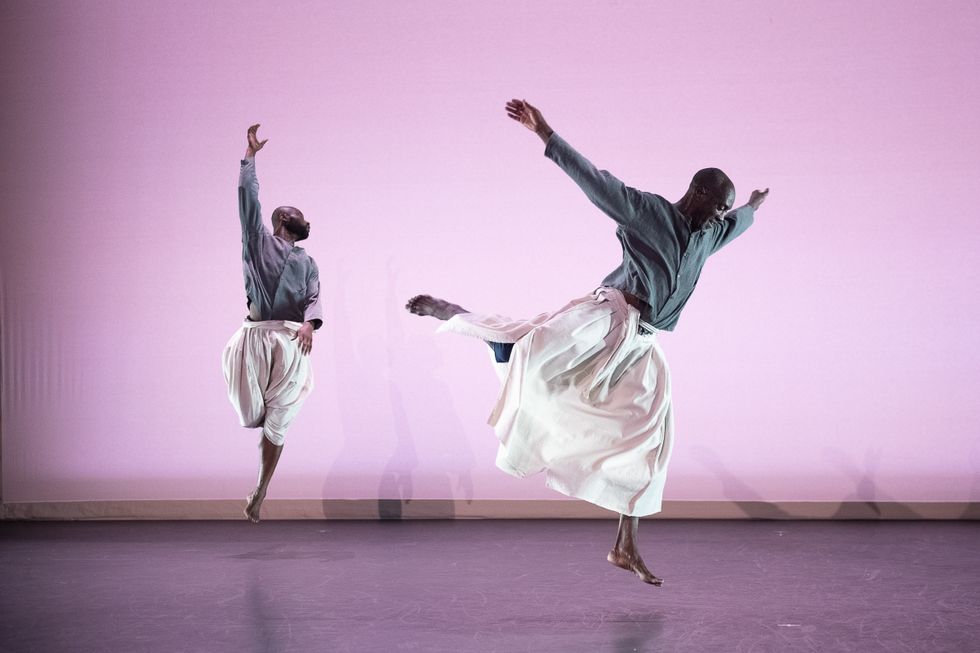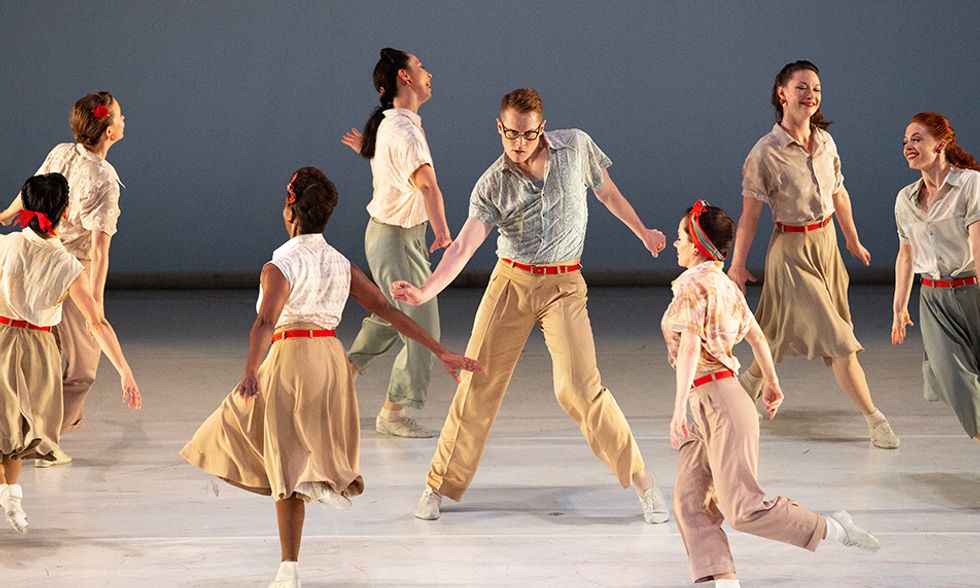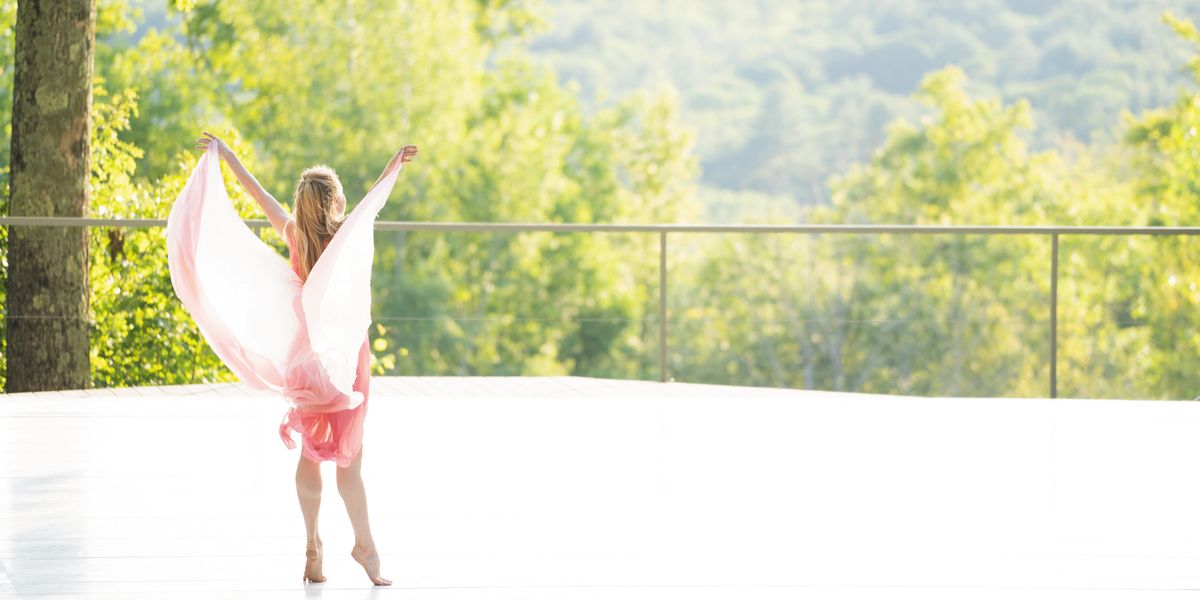Why Three of the Biggest U.S. Summer Dance Festivals Pulled the Plug Months in Advance
March 31, 2020: It was the day the summer dance festivals died. Though the respective directors of Jacob’s Pillow, American Dance Festival and Bates Dance Festival hadn’t planned to announce the cancellations of their 2020 editions all on the same day, their decisions appeared in inboxes and on social media channels within hours of each other. This news—marking the first operational break for these three festivals in their combined 212-year history—stood out among the host of spring event cancellations for its prescience. Most summer dance programs were still waiting to make any announcements, in the hope that more time might allow for less drastic cuts to programming. (Vail Dance Festival, which had been scheduled to open July 31, did not announce its cancellation until mid-May.)

Reggie Wilson’s POWER debuted at Jacob’s Pillow in 2019, and was scheduled for Bates and ADF this summer.
Christopher Duggan, Courtesy Jacob’s Pillow
For Bates, ADF and the Pillow, making the call to cancel two to three months in advance was born of necessity and courtesy. “In the weeks prior,” says Jacob’s Pillow executive and artistic director Pamela Tatge, “we were looking at how long the impact of the virus was lasting in China. When we did the math, that took us through the end of August.” Seasonal staff for the Jacob’s Pillow Dance Festival, which runs from June to August, would’ve arrived in April, and interns were due in May. “We’re an international festival, and visas were not being funded,” adds Tatge.
There was also the issue of potential contagion that might result from so many new people in a new-to-them city. “We have a small community here in Maine,” points out Shoshona Currier, the director of Bates, which was set to take place from late June to early August. “I wasn’t sure what that would feel like, to bring hundreds of people from around the country to this community and possibly overwhelm our healthcare system.” As with much of COVID-19, the festival landscape evolved rapidly: “The time from which I first had the thought ‘We might have to cancel the festival this year’ to ‘We have to cancel’ was only two and a half weeks,” says Currier.
At press time, all three festivals were forming plans for not one but multiple contingent summer situations. Though scheduled performances are off the table, each intensive is looking to offer a scaled-down version of classes, likely online. ADF is hoping to offer some or perhaps all of its planned summer camps, even if “it’s only 10 people allowed in the room,” says executive director Jodee Nimerichter. If studio classes aren’t an option, she says, subsidized rehearsal space for local dancers may be, if only for solos, duets or trios. “Our goal is to plan for everything as much as we possibly can—and also be ready to alter or cancel or go forward at any point,” says Nimerichter. “But we’re planning for the unknown, which is very weird.”

Paul Taylor Dance Company, here in Company B, were to perform at ADF this summer.
Ben McKeown, Courtesy ADF
Because Bates will only offer a week’s worth of online classes each for its Professional Training Program and Young Dancers Workshop, 2020 students may roll their acceptance and tuition or initial deposit over to next year. Currier guarantees that all scholarships will be honored next year too. For the Pillow, which will migrate four of its usual six professional advancement and development programs online, students may also opt to defer their acceptance and scholarships to 2021.
Tatge promises to open up the Pillow’s campus—the welcome center, archives and exhibitions—”the minute we’re able to stop sheltering at home. If we are able to bring people together for the end-of-summer gathering,” she says, “we will.”
As for what this means for the future of dance, Currier is hopeful that contracts for performing companies will be written differently. “Most aren’t written to protect artists, who might spend a year planning a project—and then the contract doesn’t protect them from a cancellation like this,” she says. “I think we’ll see changes going forward.” So far, Bates is rescheduling some 2020 shows for 2021, paying those artists a deposit and getting cancellation fees to the rest; Jacob’s Pillow has paid stipends to 2020 festival artists and is highlighting their work through online channels; and ADF is looking to create online opportunities for those meant to perform this summer, as well as for alums and the artists it plans to host in 2021.
The resiliency of the dance world isn’t to be underestimated, either. “We’re not Fortune 500 companies that are in competition,” says Currier. “We’re already colleagues, working with many of the same artists and faculty. Collaboration will be our biggest strength in the future—it’ll be easier for us than other industries.”




